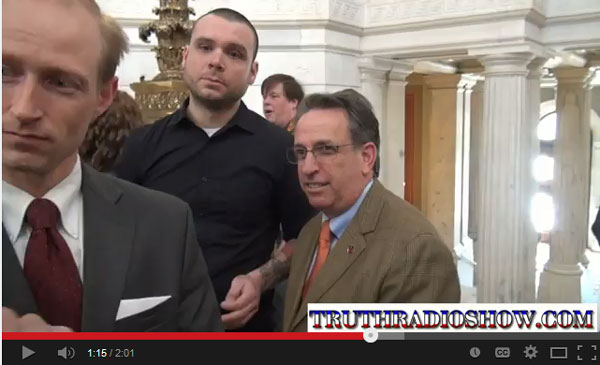Why Rhode Islanders Have No Hope, Judicial Branch
I frequently state my opinion that there’s basically no rule of law in Rhode Island. An article in today’s Providence Journal about a lawsuit concerning an “affordable housing” development illustrates why.
The basic point is that citizen groups almost never win. Either the government agency appeals to the department under which it works, and that department rules in its favor (as with a school committee appealing to the Dept. of Education) or some quasi-judicial agency, like the Ethics Commission, waves the language of the law away, or the courts carry the water. The foreclosure of that route to reform and civic engagement leads people who might otherwise become more politically active, perhaps even running for office, to give up totally, sometimes directing their efforts to an exit strategy from the state.
I didn’t realize (but probably could have guessed) that Maya Angelou, the poet, has precedential weight in Rhode Island courts:
In his written decision, filed Wednesday, Procaccini opened with a quote from the late Maya Angelou: “ ‘The ache for home lives in all of us, the safe place where we can go as we are and not be questioned.’ As this Court considers the case before it, it keeps Maya Angelou’s wise words in mind.”
Whatever the law says, the ruling class of Rhode Island will find it to say whatever they feel is right. There’s no way citizens can work to craft language that will actually do what they want it to.
That’s not the rule of law. It’s an aristocracy.

